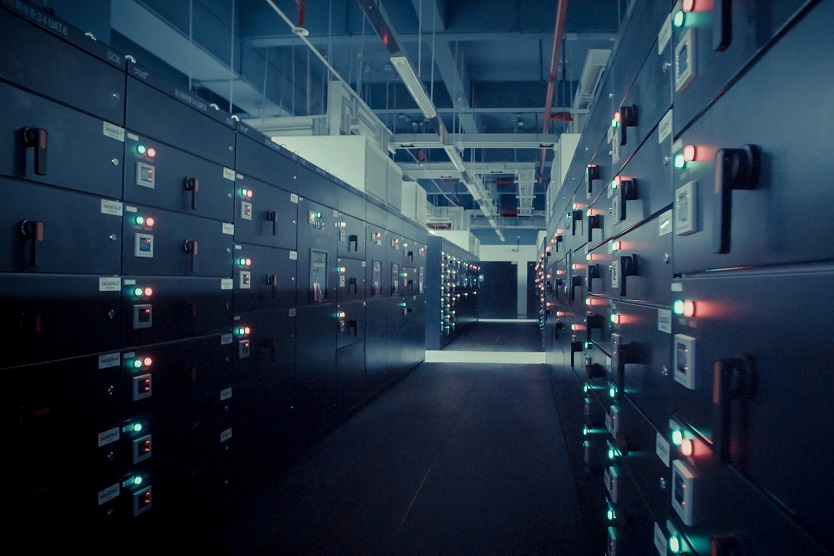
“Free cooling” is the most energy-efficient method for temperature control in data centres, where waste heat produced by servers is released directly into the atmosphere via cooling towers.
© Pixabay
Data centres already account for around three percent of all energy usage in Germany – and with the advance of digitalisation, that figure is rising fast. After the servers and computing systems themselves, conventional cooling systems are the second biggest users of energy in any data centre. Achieving the most energy-efficient cooling mix is therefore the goal of DEGREE, a project by the University of Stuttgart which will be conducted in cooperation with The High-Performance Computing Centre Stuttgart (HLRS).
“Considering the substantial expenses and greenhouse gas emissions that result from the cooling of computing centres, innovation in the field of cooling technologies will be at least as important as innovation in information technology itself," says project leader Dr Henner Kerskes of the university’s Institute for Building Energetics, Thermotechnology and Energy Storage, in a press release.
“Free cooling” is the most energy-efficient method for temperature control in data centres, where waste heat produced by servers is released directly into the atmosphere via cooling towers. But there’s a problem: it only works if the temperature of the heat released by the servers is greater than the outside temperature, which in Northern climates often results in server centres being run at higher temperatures than they need to be. DEGREE will test a new approach that continually regulates the mixture of free cooling with more energy-intensive active cooling in order to maintain an acceptable operating temperature.
The partners will achieve this by creating a numerical model of the Hawk supercomputer and its cooling systems at HLRS, which is then validated against the real thing. The simulation will help them to strike a balance between energy efficiency and computing performance, while finding the best operating strategy for keeping costs and emissions as low as possible.
"In our collaboration with HLRS, our goal is to develop reproducible methods and technologies that data centres everywhere could use to improve their energy performance," concludes Kerskes. DEGREE is supported with a two year grant through the German Federal Environmental Foundation (DBU).


